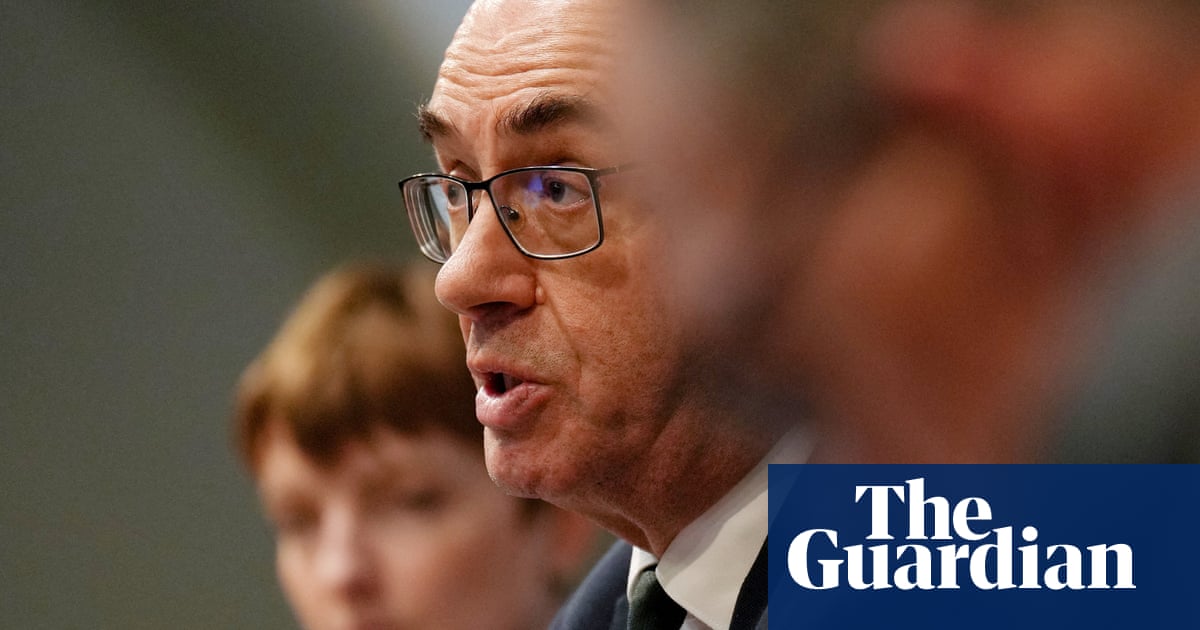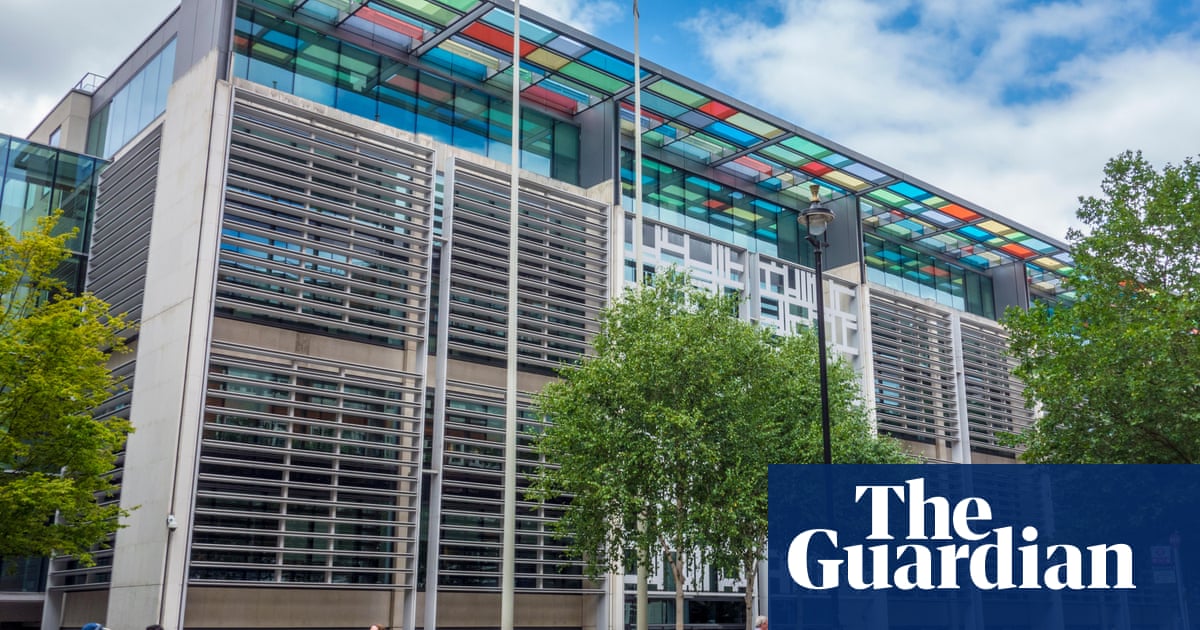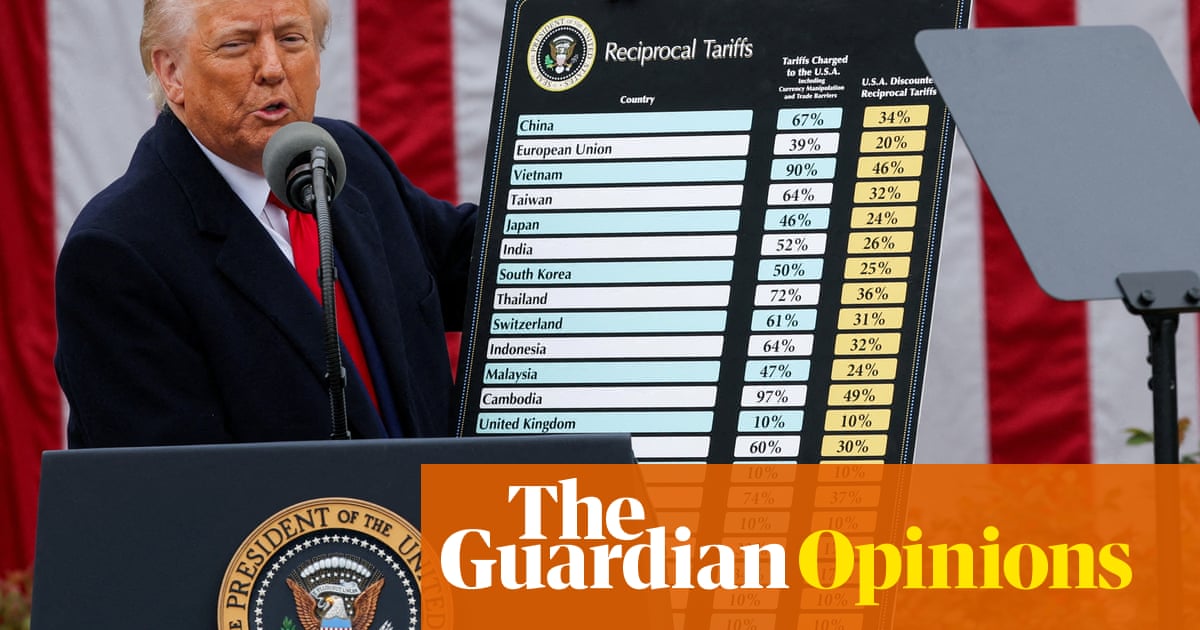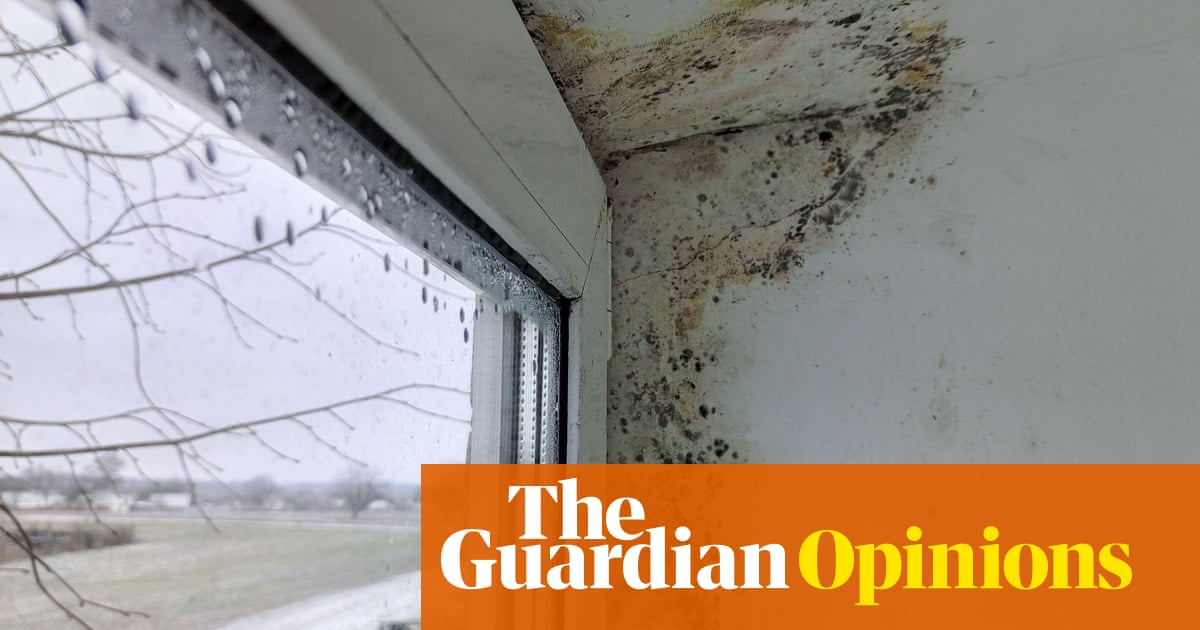The nature-friendly farming budget is set to be slashed in the UK spending review, with only small farms allowed to apply, it can be revealed.
Sources at the Department for Environment, Food and Rural Affairs (Defra) confirmed the post-Brexit farming fund will be severely cut in the review on 11 June. It will be part of a swathe of cuts to departments, with police, social housing and nature funding expected to face the brunt.
Labour promised a fund of £5bn over two years, from 2024 to 2026, at the budget, which is being honoured, but in the years following that it will be slashed for all but a few farms.
The nature-friendly farming fund is a package of payments that replaced the EU’s common agricultural policy and paid land managers for the amount of land in their care, with the aim of paying farmers to look after nature, soil and other public goods, rather than simply for farming and owning land. Many farms rely on these payments to make ends meet.
Defra is understood to be focusing the money on areas that it has mapped out as having the best potential for nature, such as the uplands, and paying farmers not to cultivate on peat soil. Defra sources said the scheme will be targeted at “small farms”; wealthier farmers will not be eligible, meaning larger farms will be locked out of nature-friendly farming incentives.
Environmental groups fear that along with the planning and infrastructure bill, which removes nature protections from areas that were previously protected under the EU, nature will decline.
In Europe, the common agricultural policy is being overhauled to include some payments for nature. Now it is feared British farms will have to intensify production to make ends meet as the post-Brexit subsidies are stopped completely for some landowners.
It is understood ministers will argue farming profitability will be boosted during this period, and that the new nature restoration fund created by the planning and infrastructure bill will provide private investment for nature-friendly farming.
Biodiversity net gain rules for developers are also expected to be watered down after the Ministry of Housing and Local Government launched a review into the efficacy of developers creating space for nature when they build houses. Under the plans, development sites as large as 49 houses could benefit from simplified rules. At the moment, developers have to provide a 10% uplift for nature on the sites they build on.
Craig Bennett, the chief executive of the Wildlife Trusts, said of the nature restoration fund being used to fund farmers instead of government money: “I think it’s dangerous to mix up those pots, we need decent funding for farmers to do nature recovery and you need decent funding for nature recovery in the wider countryside. If we start merging those together I don’t see how we are going to make any progress on our domestic and international targets.
after newsletter promotion
“There are a lot of people very nervous about what’s going on –there are obviously massive concerns about the planning bill, which is slashing protections for otters, dolphins and so many treasured species. There’s concern about cuts to funding for nature friendly farming, there are rumours about the government pulling back on ambition from [biodiversity regulations for housebuilders] which would pull the rug from under the feet of private investors who are funding nature recovery.
“All this together will be pretty devastating, and very hard to see how we will deliver on Labour’s general election promises to deliver nature recovery.”
Defra declined to comment.

.png) 1 day ago
7
1 day ago
7

















































